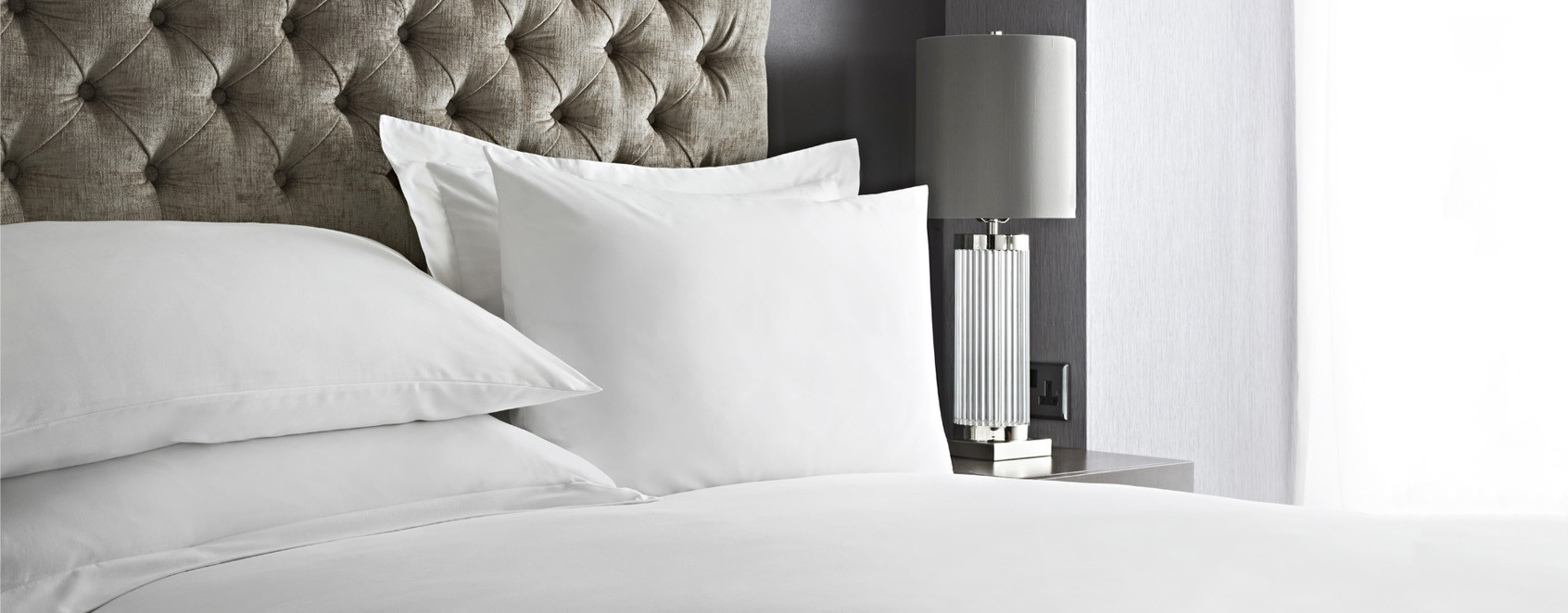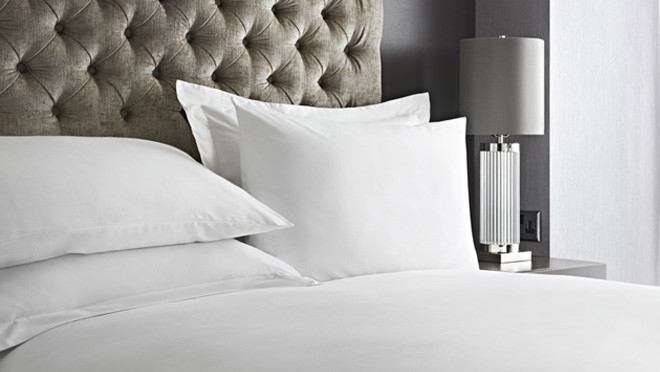We use cookies to make your experience better. To comply with the new e-Privacy directive, we need to ask for your consent to set the cookies. Learn more.
Sleep is a topic that has been studied for hundreds of years, yet it is only in the last century that scientists have begun to look into the physiology of our non-waking lives. However, despite the technological and scientific advances, there are still plenty of myths and misconceptions surrounding this important aspect of our lives. Let us dispel some for you!
1. You need 8 hours sleep to function well
There is nothing magic about the number 8! Individual people’s sleep needs vary, you’ll know you’re getting enough when you don’t feel like falling asleep during a slow afternoon meeting. In fact, research shows that two shorter cycles of 4 hours, broken by a short period of wakefulness, are more effective at achieving deep and efficient sleep.
2. If you can get it, more sleep is always healthier
Some studies have found that people who slept more than eight hours a night actually died younger than people who got between six and eight hours. What scientists don't know yet is whether sleeping longer causes poor health or is a symptom of it. Long sleepers may suffer from problems such as sleep apnea, depression, or diabetes that make them spend more time in bed.
3. Some people function perfectly on four hours of sleep
Those legendary short sleepers — famously including Bill Clinton, Madonna, and Margaret Thatcher — don't do better on less sleep, they're just not aware of how sleepy they are. Too little sleep is bad for your health and can impair performance, judgment, and the ability to pay attention, it weakens your immune system, and can add to problems controlling weight. Oddly, cutting too much sleep and getting less than six hours is associated with the same problems as sleeping too long.
4. Waking up during the night means you'll be tired all day
Actually, recent research has shown that the opposite may be true; a broken sleep cycle might be our natural cycle. Many animals sleep this way, and there are a lot of indications that our ancestors did, too. A waking period between sleeps, when people were forced into periods of rest and relaxation, could have played an important part in the human capacity to regulate stress naturally.
5. You can make up for lost sleep on weekends
Sleep-binging over the weekend and not sleeping properly during the week upsets your circadian rhythms and makes it even harder to get refreshing sleep. Sleeping until noon on Sunday generally prevents you from hitting the pillows by 10 that night, so instead of correcting your deficit from the week before, you set up a no-sleep cycle for the week to come. Consistency is key: it’s best to rise around the same time every day, even during weekends.



